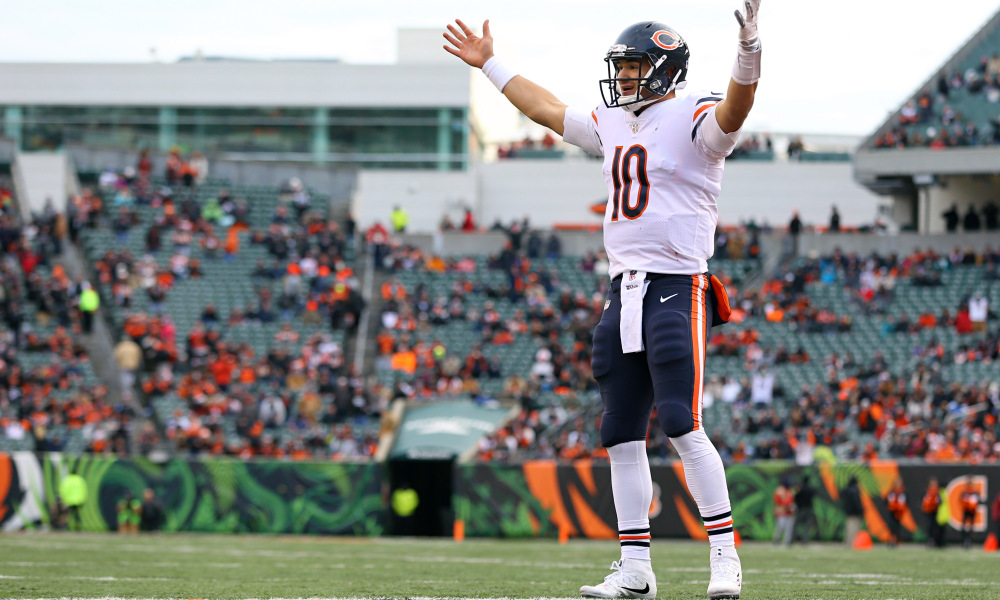In the course of NFL history, there have been very few true Cinderella teams. While Cinderella generally only applies to college basketball, some recent NFL teams have defied the odds to produce stellar playoff runs or unforgettable championship triumphs.
The Regular Season:
The 1997 Denver Broncos were one of the best teams in football through October. Entering into November, the Broncos had only fallen once in eight games, winning five games by double-digits. However, in a five-week stretch between late November and early December, the Broncos lost three of five games. They eventually fell behind the future AFC West champion Kansas City Chiefs. Finishing at a record of 12-4, the Broncos were good enough to make the playoffs and host a Wild Card game. However, it was rare for Wild Card teams to progress deep into the playoffs. As of the 1997 playoffs, only one team: the 1980 Oakland Raiders had turned a Wild Card berth into a Super Bowl trophy.
The Keys to Success:
The Broncos had stars on both sides of the ball. This offense sported a pair of All-Pros in Terrell Davis and Shannon Sharpe as well as Pro Bowlers John Elway and Tom Nalen. The Broncos had the premier offense in football, leading the NFL in total yards and points scored. Elway fired 27 touchdowns, Davis racked up 1,750 rushing yards, and a pair of pass catchers (Rod Smith and Sharpe) hauled in over 1,100 yards. Defensively, the Broncos had a strong unit led by All-Pro selection John Mobley and the likes of Bill Romanowski and Steve Atwater. The Broncos had the fifth best offense in terms of yards allowed and the sixth best offense in terms of points allowed.
Wild Card:
Playing host to the Jacksonville Jaguars, the Broncos jumped to an early 21-point lead off the heels of a pair of Davis touchdown runs and an Elway-to-Smith touchdown pass. After the Jags replied with 17 consecutive points, the Broncos answered with three unanswered rushing touchdowns in the fourth quarter, winning by 25.
A pair of Broncos went over 100 yards rushing, and the defense held the Jacksonville offense to only 50 yards rushing. The Broncos more than doubled the Jags’ offensive output, supplying over 500 yards to the Jags’ 237.
Divisional Round:
The Broncos went up early thanks to Davis’s third touchdown run of the playoffs. After the Chiefs scored 10 third-quarter points, the Broncos were 15 minutes away from elimination. In response, Davis found the end zone for the second time of the day, his fourth of the playoffs. The Broncos stopped a desperate Chiefs offense on a fake punt on the ensuing drive before a last-gasp stop in their red zone preserved the victory.
The Broncos, once again, played well defensively, limiting Marcus Allen to only 37 yards on 12 carries. While susceptible to one long pass to Joe Horn, the Broncos held the Chiefs offense to 303 yards. Offensively, the Broncos were not great, but the hard rushing of Terrell Davis earned him a second consecutive 100-yard rushing performance and a Denver victory.
Conference Championship:
Minutes into the AFC title game, Davis added his fifth touchdown of the playoffs. After a Kordell Stewart touchdown at the end of next Pittsburgh drive, Pittsburgh added another touchdown before the Broncos scored 17 points in a four-drive stretch to end the second quarter. The Broncos held the Steelers scoreless in the third quarter and for most of the fourth before the Steelers scored a last-ditch touchdown with three minutes left. The Broncos burned the remainder of the clock and booked their tickets to the Super Bowl.
Davis recorded his third consecutive 100-yard rushing performance, nullifying a fumble and an Elway interception. The Broncos forced a trio of Kordell Stewart interceptions. Denver did allow 350 yards, but a quartet of forced turnovers helped the Broncos in their return to the Super Bowl.
Super Bowl XXXII:
As an 11-point underdog in the Super Bowl, the Broncos were only given a slight chance to beat the defending champion Green Bay Packers. After an Antonio Freeman touchdown catch for the Packers, the Broncos struck with a pair of rushing touchdowns including Davis’s sixth of the postseason. After a Jason Elam field goal, the Broncos held a 10-point lead. The Packers answered before the half, reducing the deficit to 17-14 at the half.
Green Bay opened the second half with a field goal. Terrell Davis soon added his seventh rushing touchdown of the playoffs. After a second Freeman touchdown catch, both teams punted twice. The Broncos received the ball with under four minutes to play. After a pair of worthless rushing plays, Elway found Howard Griffith for a first down. A holding penalty set the Broncos into a first-and-goal from the 18. Shortly thereafter, Davis punched in his eighth touchdown of the playoffs two plays later. The Packers received the ball and worked down to the Broncos’ 31-yard line before misfiring on a fourth down. After one kneel-down, the Broncos were Super Bowl champions for the first time in their history.
Terrell Davis was crowned MVP of the Super Bowl based on his dominant 157-yard and three-touchdown performance. Elway posted one of the worst stat lines in Super Bowl history. However, he is only remembered for a helicopter-like move on a critical third down late in the third quarter.
The Broncos had a tremendous championship hangover. As opposed to the usual failure to replicate success, the Broncos went into December of the ‘98 season without a loss before dropping two in a row. The Broncos rattled four wins in a row to win Super Bowl XXXIII and repeat as champions.




